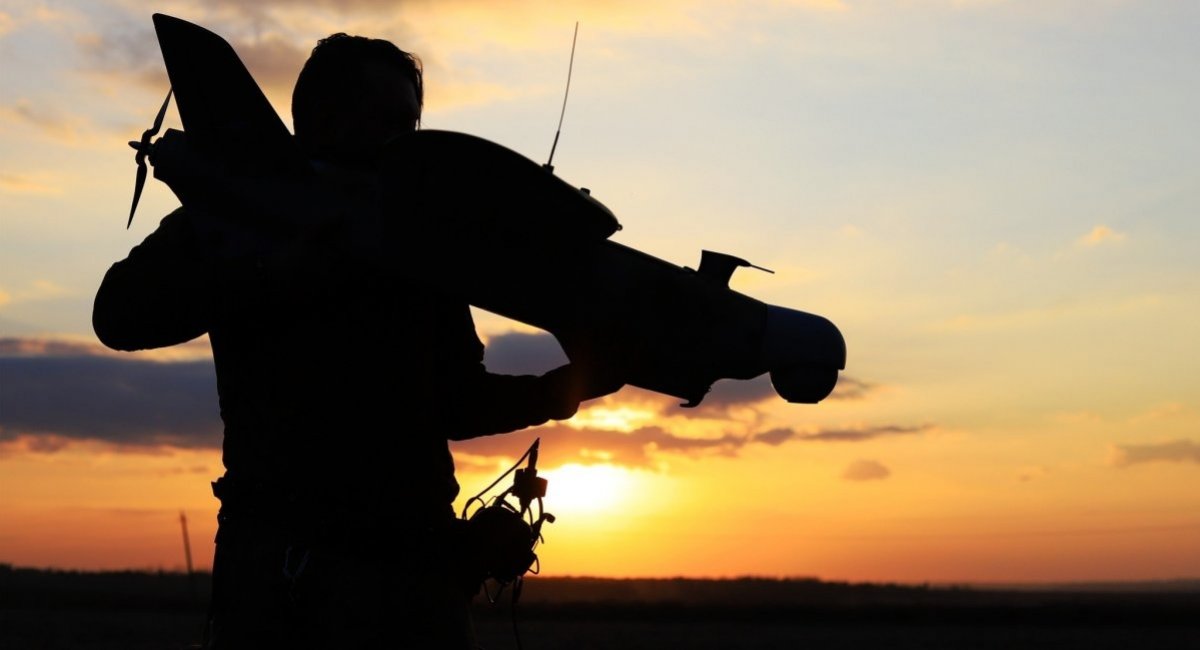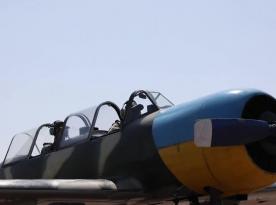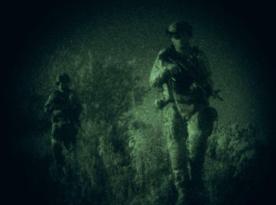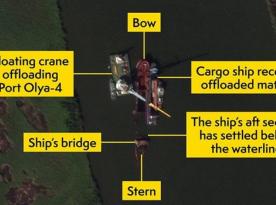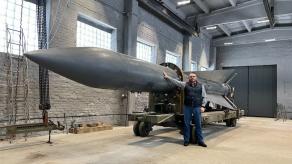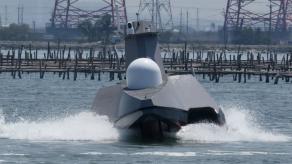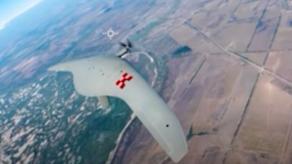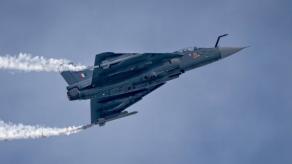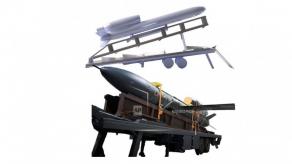The European Union is getting a concrete plan to boost its defense capabilities. It is called "Readiness 2030," and it clearly sets a deadline by which Europe must be ready to reliably deter Russian aggression. Its detailed roadmap is to be presented tomorrow, but European Commission President Ursula von der Leyen has already announced its four main strategic priorities during her speech at the Royal Military Academy in Denmark.
All these strategic initiatives are closely interconnected, and one directly defines Ukraine's accession to the EU as having no alternative for Europe because russia spends 40% of its budget on war, which is 9% of its GDP, and "the security architecture that we relied on can no longer be taken for granted."
Read more: 'Europe's Tomahawk,' the French Scalp Naval Missile: What About Its Availability?
"By 2030, Europe must have a strong European defense posture. 'Readiness 2030' means to have rearmed and developed the capabilities to have credible deterrence. 'Readiness 2030' means to have a defense industrial base that is a strategic advantage," the President of the European Commission stressed.
On the other hand, von der Leyen clarified that the EU does not and won't have any direct leverage on the defense policies and armed forces of each individual country but it will use all tools at its disposal to strengthen Europe's collective defense.
The first priority of this plan is a surge in defense spending. This is precisely about the efforts by member states in the first place, however, measures are being taken on the EU level as well. Particularly, the ReArm Europe program was introduced earlier to unlock €800 billion for defense — this is achieved by easing restrictions on the budget deficit for defense expenditures; as well as a short-term instrument offering €150 billion euros in lending for joint weapons procurement.
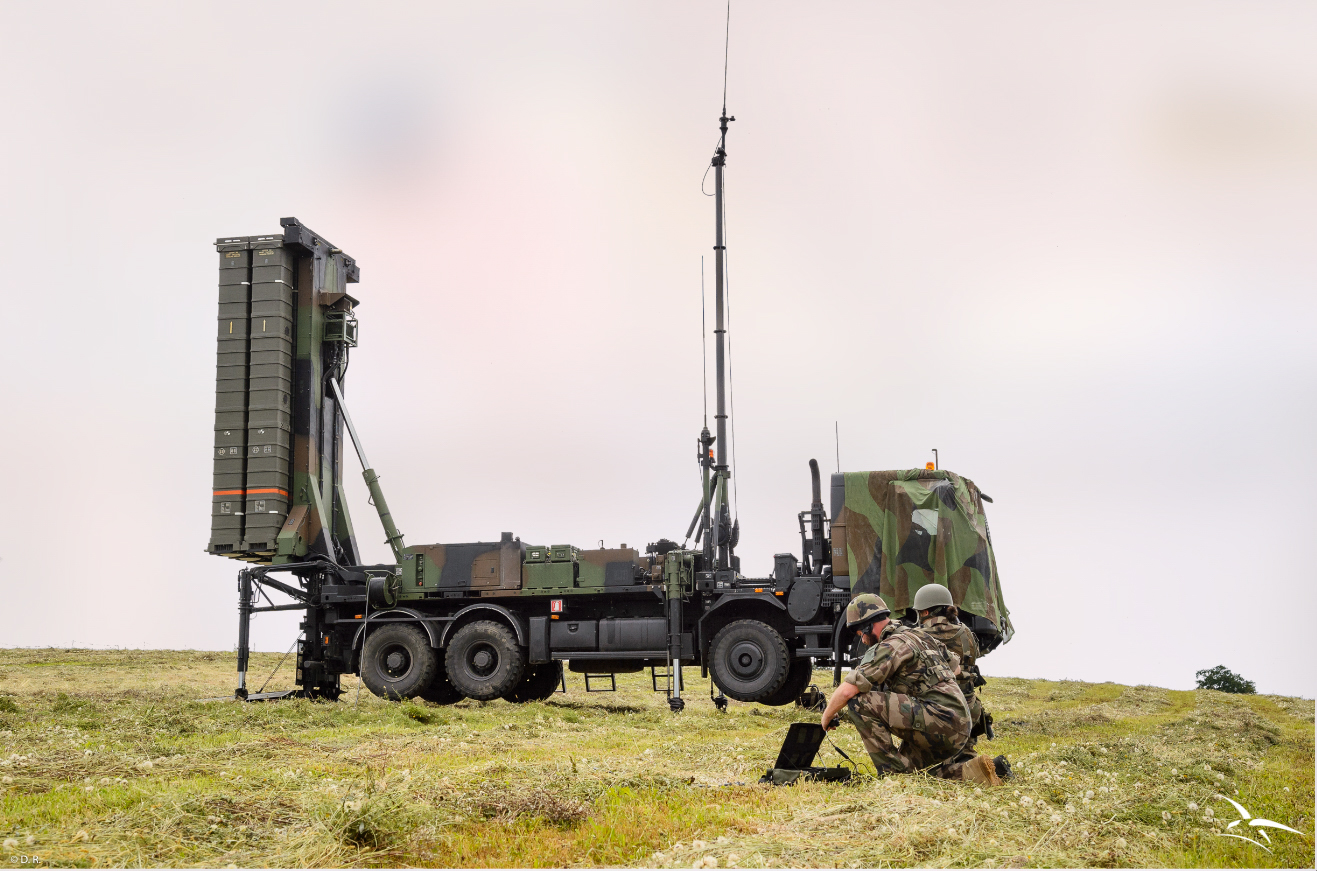
The second point is to deploy defense infrastructure and logistical corridors for the transfer of troops between the member states. Namely: airports, seaports, railway and highway junctions, etc., and all of them should be protected by air defense and missile defense systems.
Defense Express notes, although it may seem unusual to see this much attention paid to the issue of transport infrastructure separately, so much as to make it one of the four strategic priorities, it is in fact a matter of critical importance for Europe to be able to move forces around quickly, and it's more than just about bureaucracy. Effectively, von der Leyen reaffirmed the EU's commitment to create a so-called "Military Schengen" area, also known under the project name Military Mobility, which has been gradually implemented since 2018.
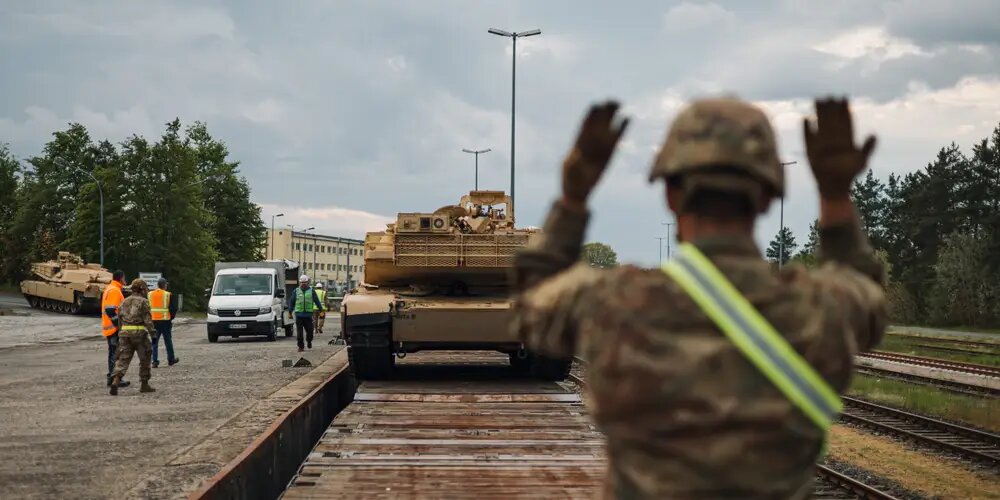
The third part of Readiness 2030 was already voiced earlier this month: a strategic transformation of Ukraine into a strong country through increased support:
"This is what we call the steel porcupine strategy. Because we need to make Ukraine strong enough to be indigestible for potential invaders. So we need to invest in Ukraine's strength in deterrence through denial," Ursula von der Leyen elaborated.
This includes setting up a joint Task Force to coordinate assistance from the EU. In addition, Ukraine is viewed as a valuable defense industry asset and thus should be integrated into the pan-European military-industrial complex.
"In fact, there is a lot that we can learn from the transformation of Ukraine's defense industry. The innovation, speed and scale of its industrial base is remarkable. It is a huge asset for Ukraine, and it is a blueprint for Europe. So we need to speed up Ukraine's integration in the European defence equipment market," the Commission president said. She also added that Ukraine has the same support in joining the EU as ever.
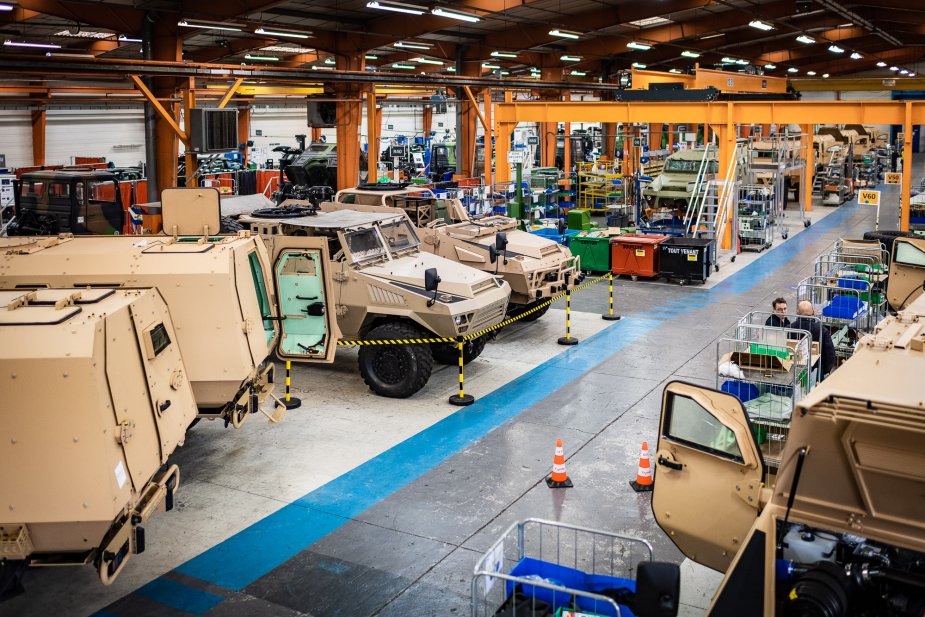
The last, fourth priority is dedicated to strengthening the industrial capabilities of the current EU members, because as of now, defense production does not measure in in volumes nor speed to the demand. It's also too fragmented with dominant national players catering to domestic markets. Therefore, a new European Military Sales Mechanism will be created.
What exactly it is designed to do, was not detailed. Based on the general outlines provided, it's a whole set of measures, including reinforcement of the existing instrument for joint arms procurement, incentives for long-term orders, simplification of investments and lending, eliminating bureaucratic obstacles, and creating exclusively European supply chains for arms components.
The ending to Ursula von der Leyen's speech was the following phrase, which, taking into account the audience, was definitely not addressed to Ukrainians but nonetheless:
"Freedom is not a process. It is a constant struggle. I am not sure whether I have the right English word. But there is a word in Ukrainian. The word 'volia'. 'Volia' means freedom, but it also means courage and will to fight for freedom. That is every generation's duty. That is what we are working for, because Europe is more than a Union, it is our home."
Read more: Mirage 2000-5 Fighter Jets for Ukraine from Third Countries: Who Might Supply Them?



